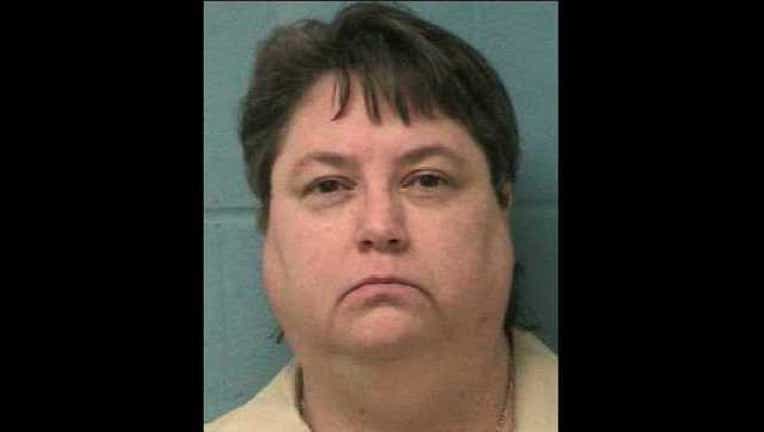Retired Georgia Supreme Court Chief Justice Norman Fletcher on Gissendaner

ATLANTA - The following is a statement issued by retired Georgia Supreme Court Chief Justice Norman Fletcher:
Kelly Gissendaner is scheduled to be executed September 29, 2015, for her role in the murder of her husband, Douglas Gissendaner. No matter where one stands on the propriety of the death penalty generally, it is abundantly clear to me that Ms. Gissendaner should not be put to death.
Since retiring from the Supreme Court of the State of Georgia, I have come to the conclusion that the death penalty is not an appropriate form of punishment. But these beliefs do not form the basis of my conviction that Ms. Gissendaner’s life should be spared.
Rather, that judgment rests upon the disproportionate nature of Ms. Gissendaner’s sentence when compared to that of her co-defendant, Gregory Owen, who actually stabbed Douglas Gissendaner to death. Mr. Owen will be eligible for parole in seven years. Ms. Gissendaner was not present when Mr. Gissendaner was killed, but she is scheduled to be executed in less than a week.
As the Supreme Court has held, the death penalty is constitutional only to the extent that it is proportional. The principle of proportionality review is deeply rooted in our legal system, with the fundamental goal of ensuring that the death penalty is not arbitrarily applied. It is especially appropriate to consider proportionality when evaluating cases in which one defendant who is more culpable than another is given a sentence of less than death, while the latter is given the ultimate punishment.
When this issue came before me as a justice, I joined in the ruling against Ms. Gissendaner. As part of that opinion, we concluded that her sentence was proportionate to her role in the crime. I was wrong. In addition, the process we used at the time to conduct proportionality review was deeply flawed, as outlined in an AJC series of articles in 2007.
While Ms. Gissendaner’s sentence was wrong on the day that it was imposed, it is impossible to ignore her work as a true minister of mercy during her years on death row. I am profoundly moved by the testimony of former and current prisoners, prison guards and officials, prison volunteers, and chaplains who have borne witness to the goodwill, hope, and example that she has provided for dozens of inmates in desperate need. She serves as a shining example of her faith, which is the product of her own remorse and devotion, and also a testament to the tremendous success of the reforms we have made in our prison system.
The State of Georgia has not executed a person who did not commit the actual killing since the death penalty was reinstated in 1976. There is a reason for this. Kelly Gissendaner should not be the first.

